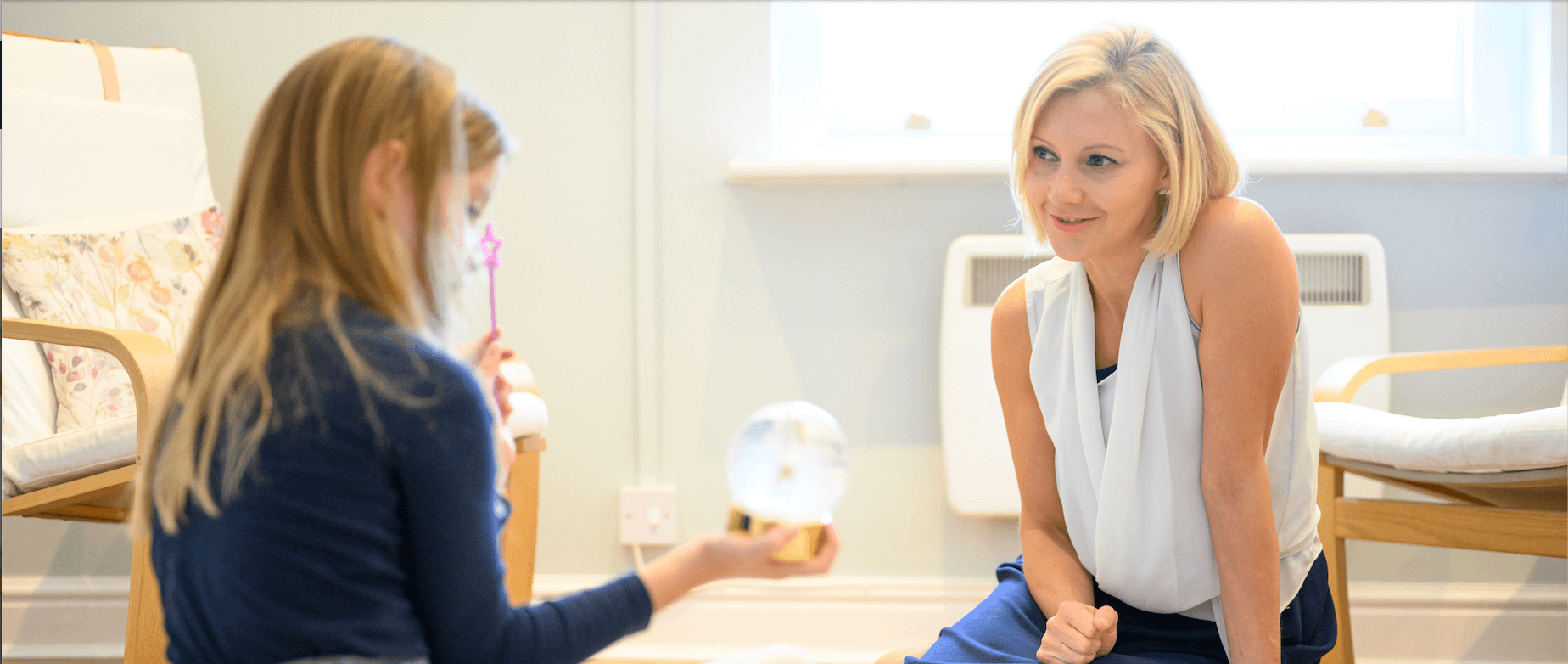
Working with children and young people requires a different mindset, more preparation before sessions, more flexibility within sessions and a lot of creativity and playfulness.
The aim of our Cognitive Behavioural Hypnotherapy for Children and Young People course is for you to finish this course feeling confident and equipped with enough information and resources to springboard you into becoming a confident, flexible, responsive and creative CBH therapist for children and teens.
You will also become part of a network and community of other like-minded Diploma graduates who are working or will be working with children too.
In this 6-day course, we will look at common and expected issues when working with children and teens.
Spanning different developmental stages we will consider issues as diverse as those we see with adults – including, for example, habits, phobias, pain, anxiety, low confidence, performance, stress and managing worry.
There are no recipes here though. Because, even more so than with adults, working with children and teens is most effective when we tailor our interventions for the child.
So – there are no recipes – but we will look at plenty of useful and important ingredients and get playful with and curious about how they can come together in the therapy room.
In other words, this course will give you a solid understanding of the core grounding principles that are so useful for children’s work.
Testimonials
Eva Kozacikova Testimonial: ‘ The course with Emma has been absolutely amazing, packed with great knowledge, great experiences and great ideas!'
Louise O’Connor Testimonial: ‘What we were taught on the course is so magical . It’s so rewarding working with children and teens.'
Jacqui Templer – Testimonial:
“Hello, everyone. I'm Jacqui Templer. I have my own private therapy practice. I originally took the diploma as I wanted to be able to help children and teenagers, having seen firsthand the effect the pandemic has had on their mental health and that of their parents. I was so pleased when the college offered Emma's course. The extra depth and breadth of knowledge, not to mention the printed material available in the course for this section of society, is amazing.
The course builds on and supports the learning from the diploma. Emma and Jana have a wealth of experience and are so willing to share their knowledge. They understand that some people may be nervous that a differing approach may be needed for working with young people. But they are supportive, reassuring, and encouraging. Topics covered include how to talk so children can understand, how to problem solve to adapt the techniques we already use in our own therapy practices, and how to deal with parents, the hidden but paying clients.
Much of what we learned during the course, I have used with my younger clients. But it is not prescriptive. Emma and all the other trainers inspire you to think laterally, be inquiring, and playful, all of which I have taken and used in my everyday practice with all manner of clients. I cannot recommend this course highly enough. It has extended my thinking and my practice. It is highly enjoyable. Just do it. “
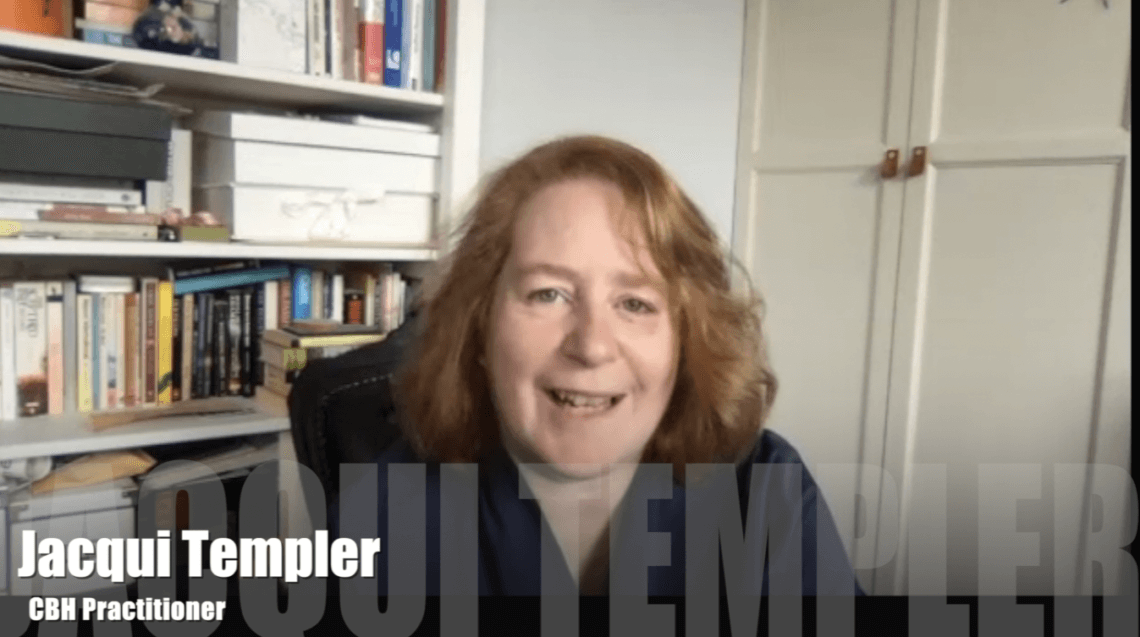
What's in the course?
- We will cover plenty of example case studies
- Guidance on working with parents and caregivers
- Evidence-based theory
- An overview of basic child psychology principles
- Practical information and support for good practice
- How to adapt approaches for different developmental stages including assessing, psycho-education, inductions, deepeners, and script writing
- A heap of practical resources to get you started
- Ideas for how to adapt the scripts and protocols you have learnt in the Diploma
- Plenty of guided practice through group exercises
- Guidance for teaching mindfulness to children and adolescents
- Insight into working with schools
- Opportunities to practice treatment planning and to get creative yourself
- And of course a supervised case study – as well as access to a number of group supervised sessions
Meet the course trainers
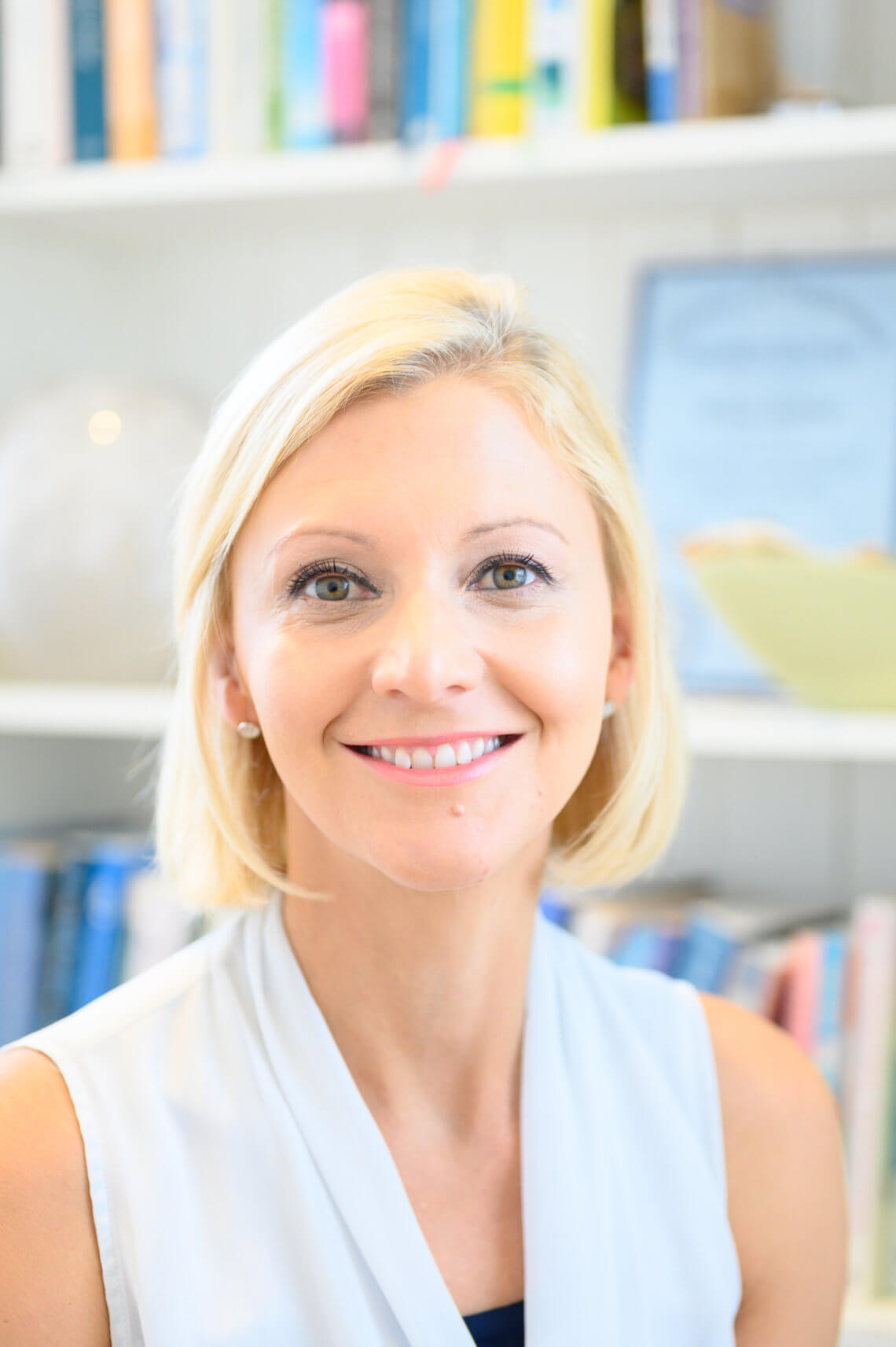
Emma Coffey
I have been in practice as a Cognitive Behavioral Hypnotherapist since 2017 and have a busy practice. Well over half of my client base are children and teens and I have established myself in the area I work in in Kent based on word of mouth recommendations and client feedback. I do not promote my children’s and young people’s work and pretty much always have a waiting list. My client list at the moment is in the 30s.
I have a background in education and was a secondary school teacher, before spending over 14 years leading education programs and working with third sector organizations supporting children and young people. I have worked with Teach First, ChildLine, V School and Kids Out amongst others.
I turned down my first child and young person client enquiries initially as I didn’t feel confident that I had enough resources or understanding about the adaptations that needed to be made. When I did say yes to my first child client, it was because I could see there was no one else out there available to meet their needs, and actually on paper their issues were within my sphere of competence. Those sessions with my first young client went very well and I haven’t looked back since then, taking referral after referral.
I have worked hard to adapt what I use as a CBH therapist with adults for the children and teens I support. Two years ago I joined with The UK College and with Dr Jana Martiskova to train some clinical staff at Great Ormond street on the CBH model and since then we have realized how useful a CBH for Children’s and Teens course would be. So, this is it – very practical and applied and interactive. It is the course I would like to attend; now I get to!
Jana Martiskova
My name is Jana, I am a CBT/REBT therapist and Cognitive-Behaviourl hypnotherapist. I am registered with the National Counselling Society as an accredited counsellor and as a registered practitioner with the General Hypnotherapy Register. Other than working as a therapist, I am also involved in academia. I have a doctoral degree in Psychology and teach psychology at Regent’s university in London.
As a scientist, I believe in effectiveness of evidence-based practices. As each client has a unique set of circumstances, I first develop an understanding of their issues and concerns and then apply one of many approaches from my training which includes a number of interventions such as Cognitive-Behavioural Therapy (CBT), Rational Emotive Behavioural Therapy (REBT), and Cognitive-Behavioural Hypnotherapy. By combining these methods with Mindfulness, Acceptance and Commitment Therapy and Compassion Focused Therapy, I believe my clients have the best chance for an impactful and enduring result from their sessions.
I have experience in working with variety of issues such as different phobias, fear of public speaking, social anxiety, low mood, low self-esteem, sleep problems, OCD and many others. I have supported adults in the treatment of addictions and eating disorders, helped university students to cope with their anxieties, shame, perfectionism and procrastination during their exam time. I also have substantial experience working with children with autism and their parents.
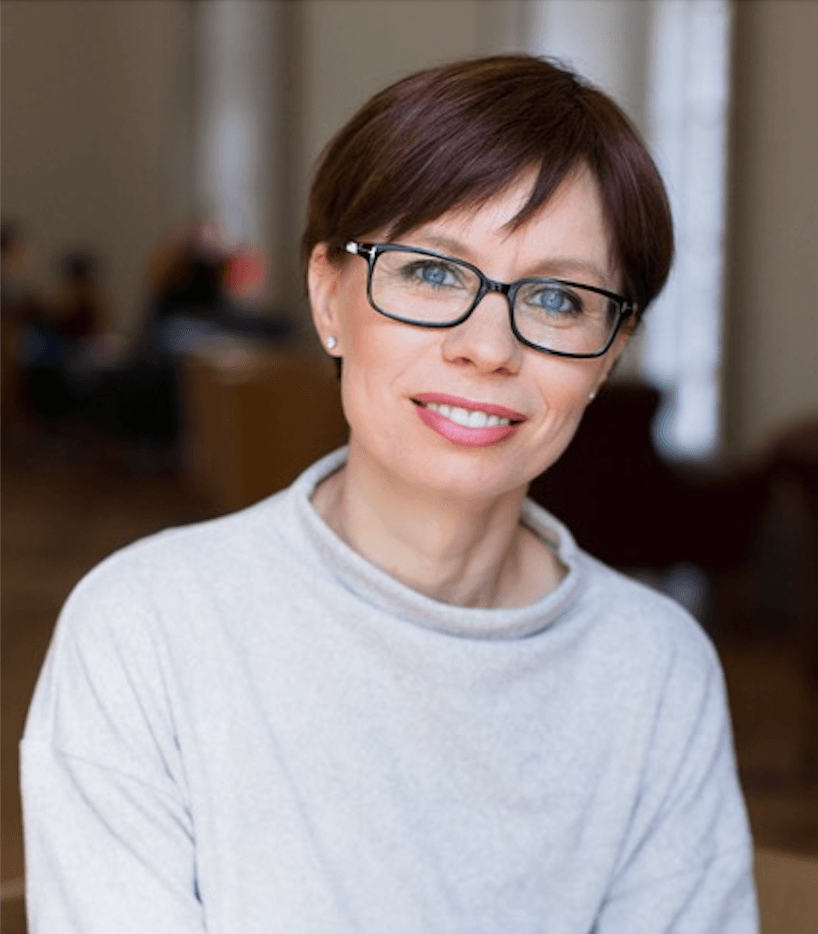
Who is this course for?
- People who have qualified with the CBH diploma and who are currently working with children and adolescents and young adults or who are keen to do so.
- You should be comfortable talking to children or teenagers, and parents either because of your professional background, or because of your nonprofessional experience and roles
- This is a very experiential course and involves a 3 part case study – so you will need to be able to identify and work with a young volunteer (and this will involve parental or caregiver consent for anyone under 18)
Course prerequisites
- Safeguarding Training expectation – produce evidence and or statement of intent (NSPCC offers online course)
- Enhanced DBS(Recommended/Plan to get one)
- Diploma CBH
- Experience working with and talking to children and adolescents either professionally or through personal roles
- Be registered with an accrediting body
- Be able to work with a child or adolescent practice client for 3-4 sessions of hypnotherapy skills training and to document, track, and report on impact
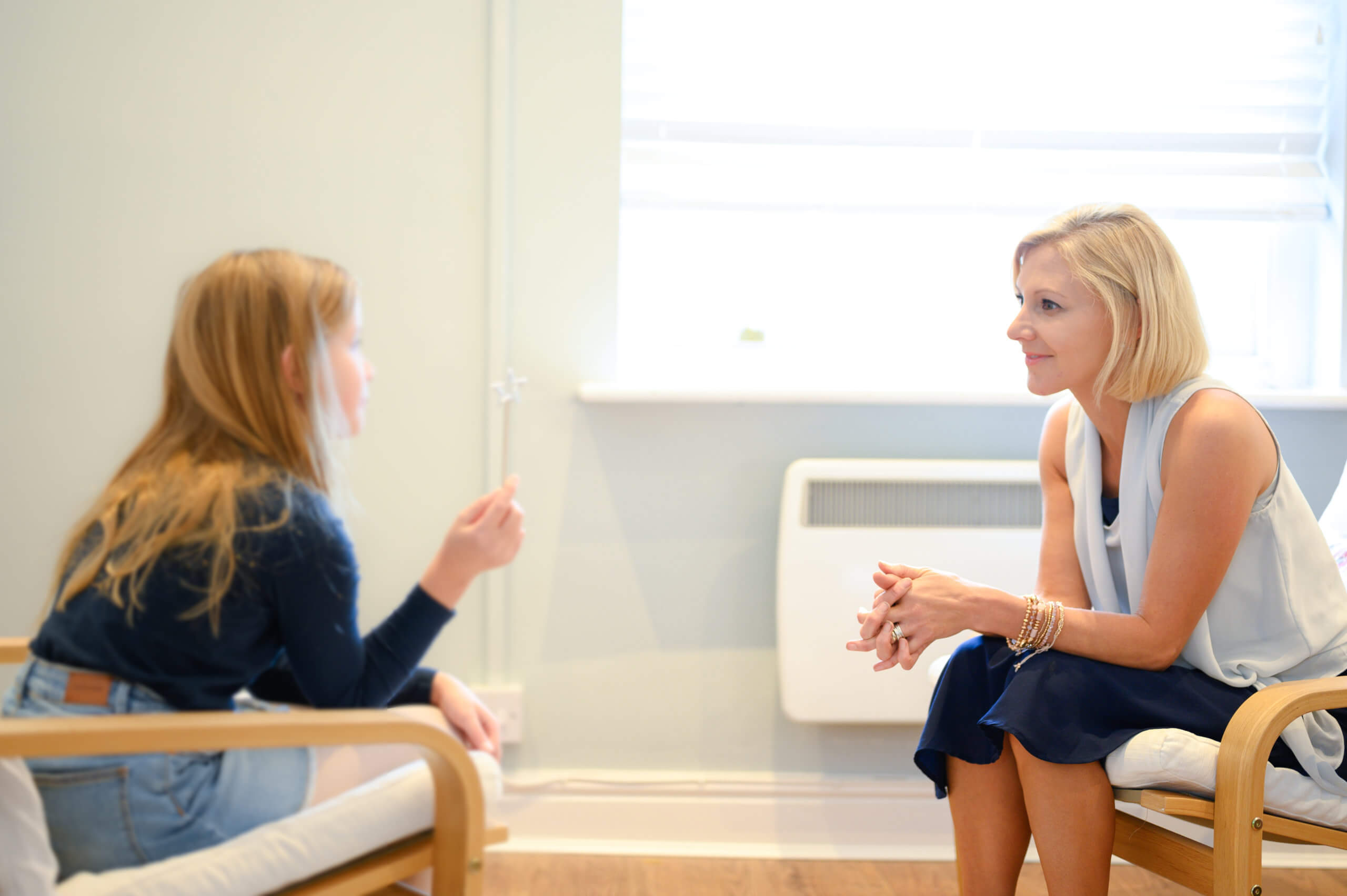
Course dates and format
DATES WILL BE CONFIRMED SHORTLY.

